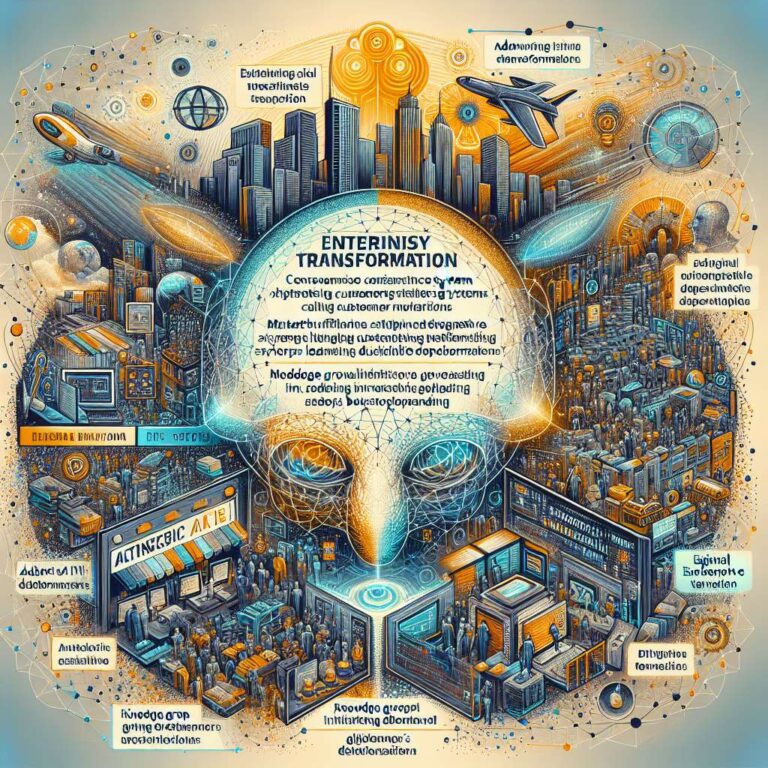The article frames a near-term shift driven by the convergence of agentic Artificial Intelligence systems, advanced knowledge processing, and market realignment. It highlights a survey finding that 96% of technologists expect rapid adoption of autonomous, agentic Artificial Intelligence systems in consumer markets by 2026. Market volatility in AI stocks and a Nasdaq correction are presented not as a failure of technology but as a recalibration toward sustainable implementation, with Biztoc.com cited for company-level examples such as PLTR, AMD, and SMCI experiencing valuation adjustments.
Technical breakthroughs in knowledge graph traversal are central to the piece. Research from a GitHub glacier-creative-git repository is described as improving semantic retrieval augmented generation, moving generative systems from pattern matching toward deeper contextual understanding. The GitHub work is framed as providing practical implementation insights for retrieval strategies in generative applications. The article argues that when these knowledge graph advances combine with agentic Artificial Intelligence capabilities, they enable new operational models, customer experiences, and competitive advantages.
The author presents business and sector evidence to support immediate action. Natural News reporting is cited for increased investment in autonomous systems that handle scheduling, health monitoring, and errands, while Livemint’s coverage of India’s beauty market shows digital platforms such as Urban Company and specialized clinics disrupting traditional salon chains. The conclusion issues a clear implementation imperative: organizations should invest in knowledge graph technologies, plan integrations of agentic Artificial Intelligence systems, and create ethical frameworks for autonomous decision making to separate substance from hype and build sustainable capabilities within an 18 to 24 month horizon.

